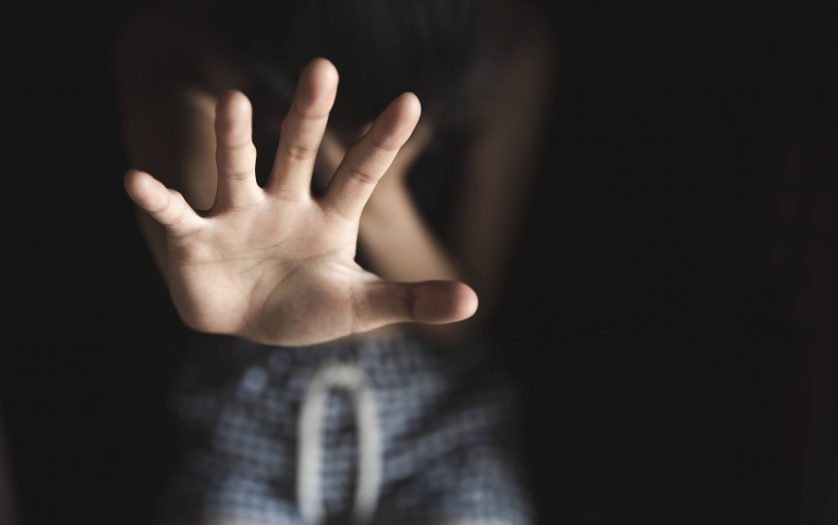
In a two day hearing commencing on Wednesday 13 October, the Disability Royal Commission will be hearing from expert witnesses and disability advocates on how and why 40% of women with disability have experienced physical violence and are also twice as likely to experience sexual violence as women without disabilities.
Public hearing 17 will investigate the nature and extent of violence and abuse of women and girls with disability in family and domestic settings, including by those who identify as L(G)BTIQ+.
The data presented during this hearing will show alarming rates of family, domestic and sexual violence against women and girls with disability including;
- 2 in 5 (40% or 1.2 million) women with disability have experienced physical violence after the age of 15, compared with 26% (or 1.7 million) without disability.1
- 90% of women with intellectual disability have experienced sexual abuse, and 68% of women with an intellectual disability will be subjected to sexual abuse before they reach 18 years of age.2
- First Nations women are 34 times more likely than non-Indigenous women to be hospitalised due to family and domestic violence.3
- Women with disability are twice as likely to experience sexual violence over one year compared to women without disability.4
- Of the L(G)BTIQ+ people who reported harassment or violence in the last 12 months, 46% had a disability.5
- In 2016, the cost of violence against women with disability was estimated as $1.7 billion.6
Among a wide-range of issues, the hearing will examine the sexual and reproductive rights of women and girls with disability and gaps in legal protections and services.
In a closed session the hearing will also bear witness to the experiences of people with disability who identify as members of the L(G)BTQIA+ community including transgender, queer and intersex people.
Public hearing 17 will occur in two parts, the first will be a series of online panel discussions on 13 – 14 October. The first four panels will be available via a livestream on the Royal Commission’s website and will include live captioning and Auslan-English interpreters.
Part two will take place in Hobart in early 2022, where the Royal Commission will hear directly from women and girls with disability who wish to tell their personal experiences.
Chair Ronald Sackville AO QC will preside over this hearing and is joined by Commissioners Ms Barbara Bennett PSM, Dr Rhonda Galbally AC and Ms Andrea Mason OAM.
Senior Counsel Assisting the Royal Commission for Public hearing 17 is Kate Eastman SC.








